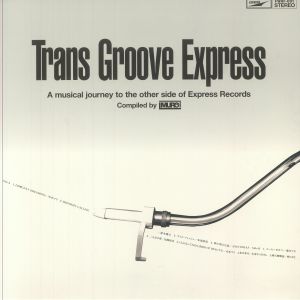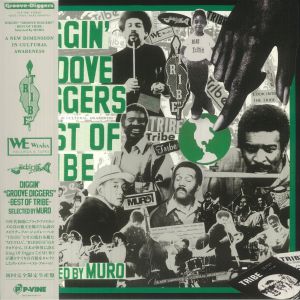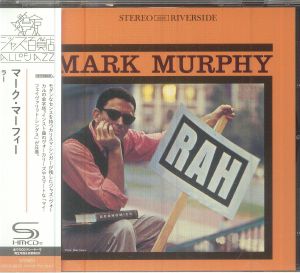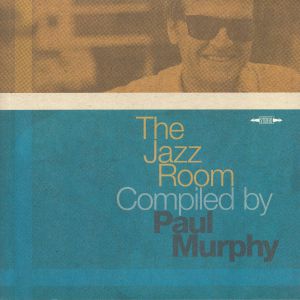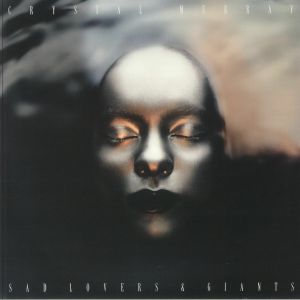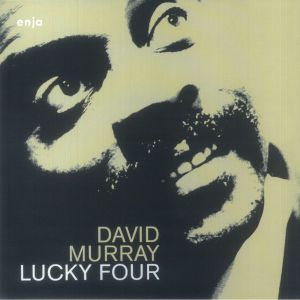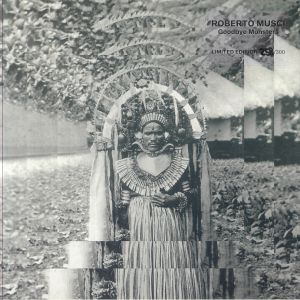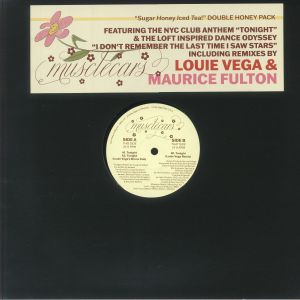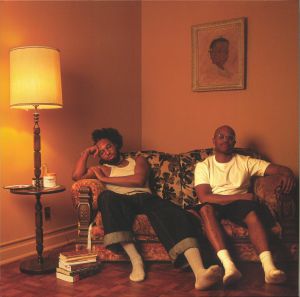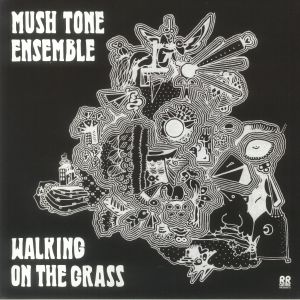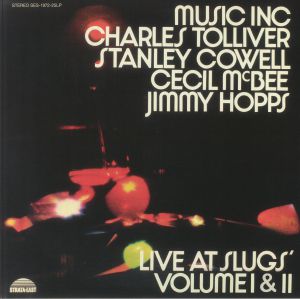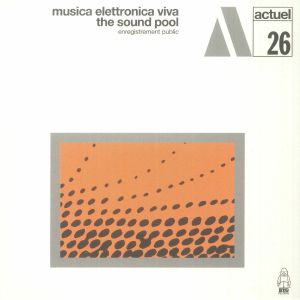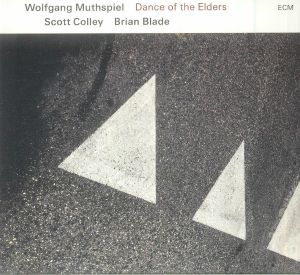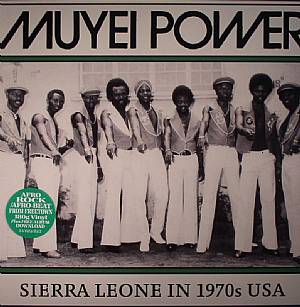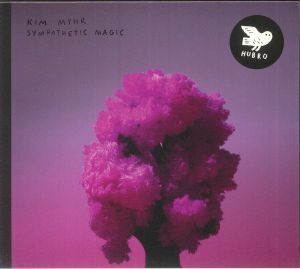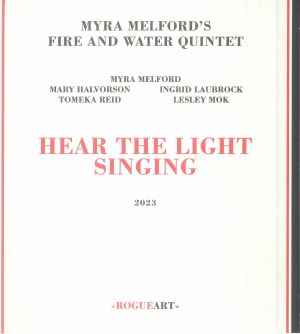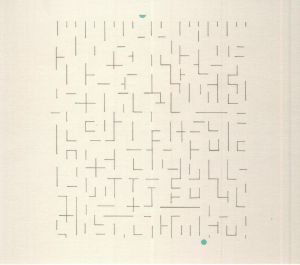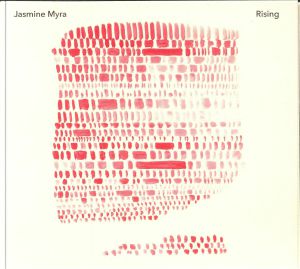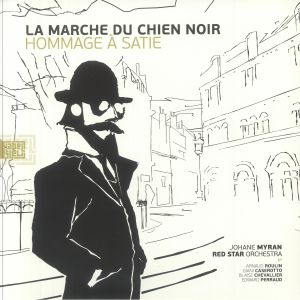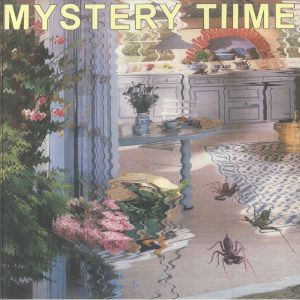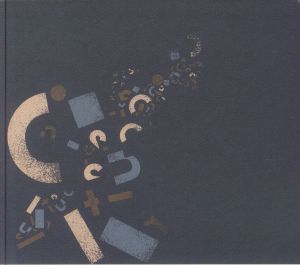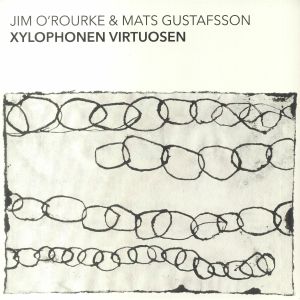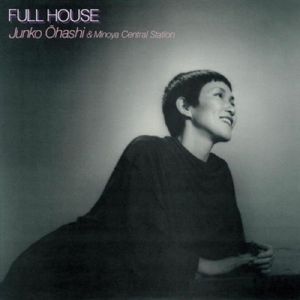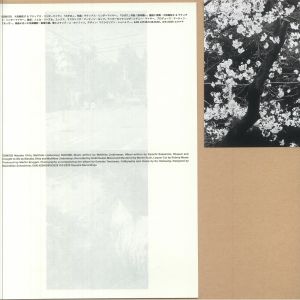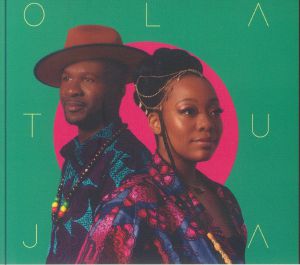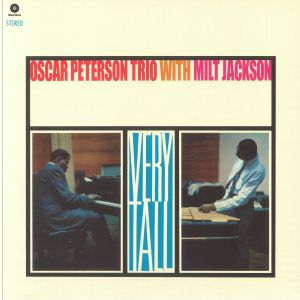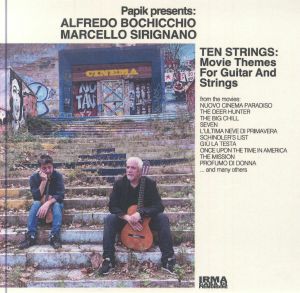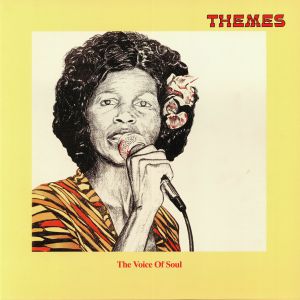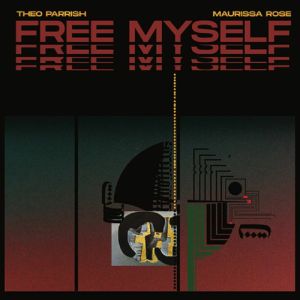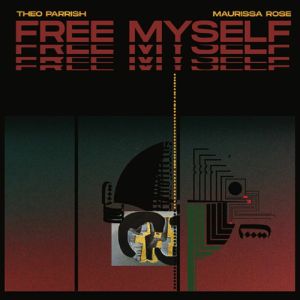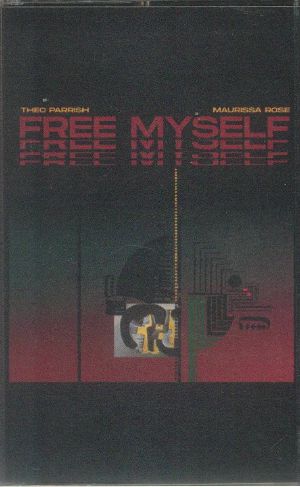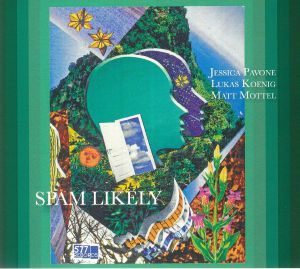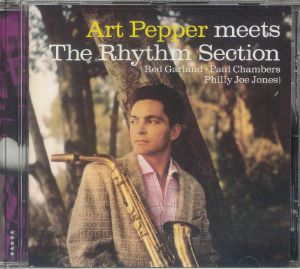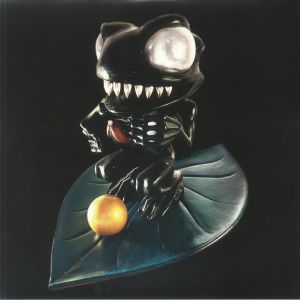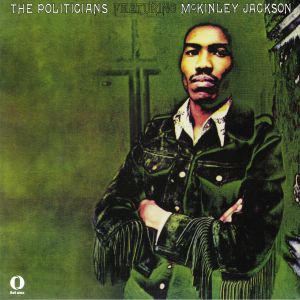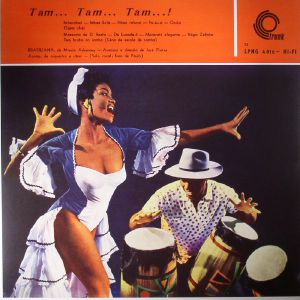Filter
Genre
在庫状況
Release Date
1,403
Not Forthcoming
10
Last Week
24
Last 2 Weeks
67
Last Month
110
Last 2 Months
288
Last 6 Months
549
Last Year
アーティスト
リリースタイトル
値段
タグ
Back catalogue: Funk Soul & Jazz
Juno's full catalogue of Funk Soul & Jazz
アルバム
MURO / VARIOUS
Cat: FWRF 001. Rel: 23 Dec 24
Review: Fourth Wave's latest compilation feels like a musical postcard from Japan's vibrant underground, gliding through genres with effortless charm. Mari Nakamoto's 'Day Dreaming' sets a tranquil mood with her airy vocals drifting over soft, dreamy instrumentals. Yudai Suzuki's 'Midnight Calling' brings smoky sax riffs and laid-back grooves, perfect for late-night introspection. Yasuhiro Abe's 'Night Fish' dives into psychedelic waters, swirling with hypnotic melodies and unpredictable rhythms. Maki Asakawa's 'Kohi Hitotsu' radiates raw emotion, her voice rich with longing. Yuji Ozeki's 'Futaribun No Yume' blends traditional Japanese sounds with modern electronics, crafting a sound both timeless and futuristic. Jin Kirigaya's 'Matenro Monogatari' closes the collection with cinematic depth, its sweeping arrangement lingering long after the final note.
… Read more in stock $55.13
MURO / VARIOUS
Diggin' Groove Diggers: Best Of Tribe (LP with obi-strip)
Cat: PLP 7948. Rel: 12 Oct 23
Review: The legendary DJ Muro is behind this superb new P-Vine compilation, Diggin Groove Diggers: Best Of Tribe. Muro is a truly a-grade digger and one of his homeland of Japan's most famous. Here he collates together some of his favourite songs from Tribe, a rather legendary spiritual jazz collective from the Motor City. This music has been revered for more than 50 years and now for the first time gets put together on one album that is both a perfect primer for newbies and a great collection for those long-time fans.
… Read morePlayed by: Juno Recommends Jazz
in stock $35.93
in stock $15.32
Review: London DJ Paul Murphy has been entertaining jazz dancers since the late 1970s and is rightly cited by Gilles Peterson (amongst others) as a major influence. Here he offers up a taste of the up-tempo dancefloor jazz he's been championing for the last four decades via a fine compilation named after his once regular club night, Jazz Room. There's plenty of Latin jazz and fusion present (see Art Pepper's "Mambo de la Pinta", Lucas Van Merwijk's "4Beat Cha Cha Cha" and Terje Terasmaa's "Yatra-Ta") as well as African-influenced workouts (see the cuts by Rhythmagic Orchestra and Mamelon), the odd classic (Art Ensemble of Chicago) and a handful of more recent cuts, including an inspired jazz cover of Nirvana's "Smells Like Teen Spirit" by Blue Mode.
… Read more in stock $30.06
in stock $27.57
Lucky Four (remastered) (limited 180 gram audiophile vinyl LP)
Cat: ENJA 9186. Rel: 06 Jul 23
Played by: Juno Recommends Jazz
in stock $41.77
Review: David Murray is a prolific American jazz musician. His particular skills lay in tenor saxophone and bass clarinet and he has recorded several well thought of albums. In fact, he has over 200 LPs as a leader and countless more as a sideman under his belt so is a true musical legend. In 2020, Mr. Mandel celebrated Murray's work with 'Murray Mondays' on Instagram Live and when Murray returned to New York in 2021, he recorded a solo tenor saxophone and bass clarinet session at Reservoir Studio. The result was exceptional, leading to this double LP which now gets reissued.
… Read more in stock $61.26
in stock $34.81
Review: Following their acclaimed debut album Sugar Honey Iced Tea!, NYC duo Musclecars aka Craig Handfield and Brandon Weems are back with a double pack of alternate versions and remixes featuring house legends Louie Vega and Maurice Fulton. Vega reworks 'Tonight' with orchestral flair and festival-ready dub versions including the NV South Jersey Mix and his Bronx Dub. Maurice Fulton's remix of 'Hello?' blends his signature live bass and punchy percussion to add a whimsical touch to the introspective original. The pack also includes stripped-down versions of 'Ha Ya! (Eternal Life)' and 'Water' plus a full side of Musclecars' 'I Don't Remember The Last Time I Saw Stars.'
… Read more in stock $36.48
Review: Sugar Honey Iced Tea! is the highly anticipated debut album from Musclecars, comprised of Brandon Weems and Craig Handfield, delving deep into the Afro-American experience. With 13 tracks that span themes of joy, loss, intimacy, perseverance and more, Musclecars craft a profound narrative that captures the nuances of daily life in native New York. From the exploration of Afro-dystopia to moments of self-discovery and self-preservation, the album offers a rich blend of sound that resonates with authenticity, emotion, and rhythm. It's a musical adventure to throw yourself in and get lost in the essence of the urban experience, crafted with intentionality, depth and a touch of magic.
… Read more in stock $41.21
Walking On The Grass (limited heavweight vinyl LP)
Cat: RRGEMS 12. Rel: 14 Mar 23
Review: Walking On The Grass is a debut long player from the much-touted Mush Tone Ensemble. The record was recorded fully live on analogue tape in Hameenlinna and though this is dense, challenging jazz, it also has a hugely uplifting vibe to it. Juha Sarkkola plays with an open heart as he leads the track from his bouncing drums while Tuure Tammi's trumpet and flugelhorn are ever restless and Tero Kemppainen's and bass structures plunge you in deep. This trio has really nailed it from the off with this debut and we hope there will be many more to come.
… Read more in stock $24.50
Live At Slugs' Vol I & II (remastered) (gatefold 180 gram vinyl 2xLP + insert)
Cat: SES 197225LP. Rel: 24 Apr 25
Review: Recorded at the storied Slugs' Saloon in Manhattan's Lower East Side, this unified collection captures the Charles Tolliver-led Music Inc quartet in blistering form. New York runs through the musiciits restlessness, density, sharp corners. Tolliver, a Brooklyn-born trumpeter with a militant edge and lyrical touch, fronts a group that helped define the forward-looking jazz of the early 70s. Beside him are Strata-East co-founder Stanley Cowell on piano, bassist Cecil McBee and drummer Jimmy Hopps, all embedded in the New York avant-garde at the time. On pieces like 'Felicite' and 'Wilpan's', they stretch out with blistering force, melting structure into raw, insistent groove. Even in quieter momentsi'Ruthie's Heart', or the shadowy 'Repetition'ithere's a tension that never quite releases, the sense that every note is carved in real time. This is the first time both volumes are presented as one continuous document, expanded with three previously unreleased tracks. It's a vital capture of a quartet thinking collectively, improvising with unrelenting intensity and total mutual trust. The sound, newly remastered, gives space to the grit and nuance of the live sessioniCowell's cascading runs, McBee's deep pull, Hopps' unpredictable propulsion. There's no studio polish here, just a direct line to the spirit of a time and place, when New York jazz burned fast, political and free.
… Read morePlayed by: Juno Recommends Jazz
in stock $47.06
Review: Formed in Rome way back in 1966, Musica Elettronica Viva are something of an enigma: an avant-garde collective whose exact line-up is shrouded in mystery (it changed over the years by all accounts but confirming who founded the group has proved difficult) and whose released works tend towards the experimental and undeniably out-there. The Sound Pool was recorded in 1979 and surfaced on vinyl a year later. It's an undeniably odd but defiantly impressive four-part work that blends tape loops, avant-garde noise, distant drumming, discording free-jazz horns and pots-and-pans percussion. It sounds like it was recorded live, in a gigantic, reverb-heavy room, and is as experimental and avant-garde as they come. An under-celebrated classic of its type.
… Read more in stock $16.15
in stock $30.35
in stock $33.13
Beauty, End
Old Life
Gaza Is Calling
Leaving Toronto
Hope Is A Knife
Nouri
in stock $17.55
in stock $59.59
in stock $30.63
Dunya ("ghaba green" transparent green & black smokey vinyl LP)
Cat: JAG 470LPC1. Rel: 26 Sep 24
Review: Mustafa's masterfully crafted new debut album is called Dunya which translates from Arabic to "the world in all its flaws." The Sudanese-Canadian artist digs deep into religious devotion, childhood trauma, gang violence and romantic intimacy in hugely personal ways throughout the record and showcases his superb songwriting ability. His blend of genres from hip-hop to soul and r&b comes with novelistic details, lasting hooks and raw and earnest words. It features appearances from collaborators such as Aaron Dessner, Rosali?a, Clairo and Nicolas Jaar but amongst all that Mustafa's confident, distinctive voice shines bright.
… Read more in stock $31.18
Polygamy (reissue) (purple swirl vinyl LP + insert)
Cat: EWOK 017PS. Rel: 13 Oct 23
in stock $49.00
Dance Of The Elders (CD)
Cat: 557179 8. Rel: 19 Oct 23
in stock $16.99
Sierra Leone In 1970s USA (limited 180 gram vinyl LP + MP3 download code)
Cat: SNDWLP 062. Rel: 02 May 14
Review: Soundway's debut Sierra Leone exploration introduces us to Muyei Power who toured their country (and, on occasion, the US) throughout much of the 70s. With only a handful of 45s recorded, their sound has been largely unheard for the last 30/40 years. Until now. Complete with detailed liner notes and artwork, this album is a fantastic document. More importantly, it sounds fantastic: stretching from the more western influenced funk dynamic of "Bi Loko" to the frenetic percussive fusion of "Be Patient" via the smoky, mournful horns on the folky "Ben Ben Bee" there's a unique sound that resonates with everything else you know and love about African music during the ever-fertile 70s, yet rings and stamps with a life of its own.
… Read more in stock $20.04
Pink Noise (gatefold transparent orange vinyl LP)
Cat: 019029 5021986. Rel: 09 Jul 21
in stock $18.47
in stock $32.29
in stock $27.84
Obstacle #79: Memory Is Current (heavyweight vinyl LP limited to 250 copies)
Cat: OM 068LP. Rel: 24 May 22
in stock $32.59
in stock $28.68
in stock $11.98
Hear The Light Singing (limited CD)
Cat: ROG 0130. Rel: 05 Dec 23
in stock $21.72
in stock $14.76
Review: Jasmine Myra's sophomore album Rising is apparently named after her current status in the UK jazz game. She deserves the recognition: the saxophonist, composer and bandleader lays down a beautiful six-piece project here, providing a brilliant dialgue to contrast her first LP Horizons. Myra describes Rising as a "reflection of a period of my life", following on as the logical continuation from Horizons, which was "all about my experience during lockdown, and entailed overcoming my struggles with mental health". Rising, the sonic reply, charts Myra's experience of continuing to bulld her self-confidence. Through its glistening, refractive, yet soft progressions, demarked by detailed bell acoutrements and mutedly ascendant sax progressions from the star herself, the likes of 'Rising', 'Glimmers' and 'From Embers' make for fantastic spirited listens.
… Read morePlayed by: Juno Recommends Jazz
in stock $25.06
Review: Thanks to the critical and commercial success of her superb debut full-length, Horizons, Jasmine Myra is rightly considered one of the rising stars of UK jazz. This follow-up, produced by Gondwana label boss Matthew Halsall and featuring the same core group of musicians, more than lives up to its predecessor, offering a continuation of that set's musical and creative themes (the fragility of mental health in the post-lockdown age being one) and a whole load more magical music. Highlights include the gently breezy spring-time spirituality of 'Rising', the pastoral, ever-evolving beauty of 'Knowingness', and the Pat Metheny-esque joy of 'Glimmers'.
… Read more in stock $14.76
Cat: 352138 1580815. Rel: 09 Jan 25
in stock $21.51
Maudlin Tales Of Grief & Love (LP + insert)
Cat: CHARM 4LP. Rel: 24 Oct 24
Review: A new bedroom pop outfit, Mystery Time (Ayman Rostom aka. The Maghreban) paints a neatly outlaid sound-picture of quotidian lifestyles and humdrum joys, perhaps specifically those which are used to tape over the harder but more pronely repressible realities of grief and mourning. From the off of 'Thank You Deeply', we're told of "salad days in Archway" and being "on the phone in doorways", suggesting an attitude of listlessness and naivete as key to surviving the otherwise often excruciating experience of living in London. Its self-description as "maudlin" serves it just as well; the record wafts off a kind of haunted contradiction, describable only as the impossible mixture of post-punk and floral chintz, of wallpapering over the ability to feel fully and holistically with yet another lifestyle, pattern, habit, prescription. In Rostom's own words, "The title speaks for itself. Maudlin means emotionally sentimental. Tales, these songs are stories to me, about different times. Grief - there is much sadness and darkness in it, and Love - there is some light there too, a bit of joy, to frame the shadow." Rostom's vocals are just as listless and blinkered, tunnel-sung so as to express emotions through a drab medium.
… Read morePlayed by: Piers Harrison
in stock $27.84
in stock $13.65
Xylophonen Virtuosen (gatefold 2xLP + MP3 download code)
Cat: TR 205LP. Rel: 28 Sep 22
in stock $41.77
Full House (limited milky pink vinyl LP + insert with obi-strip)
Cat: PROT 7276. Rel: 02 Aug 24
Review: A lesser-known but electrifyingly slick city pop record (her fourth) by Junko Ohashi. 1979's Full House hears the Japanese singer's graceful but powerful contralto in full collaborative force, paired against the historic instrumental talents of her backing band, Minoya Central Station. Perhaps second only to Ohashi's timeless New York paean, Magical, Full House is yet another discographic dazzler that most likely contributed to the revival of the city pop genre after its retroactive but no less ironic recognition in the popular music sphere by the vaporwave subgenre, future funk. The mood throughout Full House is vital and joyful, suggesting something close to complete emotional fulfilment and idealistic glee on the singer's part - all part of the city pop's objective - its grand plan - to portray metropolitan life as an ultimate ideal.
… Read more in stock $45.66
Nozomi (180 gram vinyl LP + booklet)
Cat: SQM 028. Rel: 19 Feb 25
in stock $30.35
in stock $12.24
in stock $16.69
Cat: IRM 2325. Rel: 24 Jun 24
in stock $16.99
The Voice Of Soul (reissue) (heavyweight vinyl LP)
Cat: BEWITH 048LP. Rel: 23 Nov 18
Played by: * Record Breakin' Music *
in stock $32.59
Review: Hard to define, rule breaking and game-changing producer Theo Parrish is back with another of his challenging and superlative albums. This one - which naturally arrives on his own Sound Signature label - is a collaboration with Maurissa Rose that true sooth the soul. It s full of his usual deadly grooves, shamanistic percussive layers and jazz energies with plenty of his famous luscious, meditative loops. Add in the smooth vocals of Rose - which come in the form of a soulful stream of consciousness - and you have yet another unique album from this true maverick of the form.
… Read more in stock $61.26
Review: Theo Parrish and Maurissa Rose are Detroit musical veterans (even though Parrish was actually born in Chicago) and they have worked together on a number of superb singles in the last few years. After that fruitful start to their working relationship they finally flourish into a new full length that arrives soon in the form of Free Myself, It arrives, as you would expect, on triple vinyl on Parrish's own Sound Signature label, but also here as a CD. It is a lovely deep house exploration with smooth vocals of Rose - which come in the form of a soulful stream of consciousness - over Parrish's dusty, hypotonic beats.
… Read morePlayed by: Marcelo Tavares(Deep Space Podcast)
in stock $23.67
Free Myself (limited cassette)
Cat: SSCAS 7. Rel: 16 Oct 23
Review: Theo Parrish is giving his new album with Maurissa Rose the full treatment - serving it up on his preferred vinyl, but also as a CD and here a cassette on his own label Sound Signature. It is a complete coming together of these two revered Detroit musical talents following a string of great singles with one another since 2019. As you can expect, the grooves are dusty, complex and rooted in house but with plenty of influences from soul, funk and jazz. The vocals from Rose are as smooth as you like and take the form of soulful streams of consciousness. Utterly vital.
… Read morePlayed by: Mike O'Mara
in stock $30.92
in stock $20.61
Cat: PWR 27298. Rel: 30 May 24
in stock $11.98
Izigqinamba (heavyweight vinyl LP)
Cat: NNT 053LP. Rel: 09 May 24
Review: Kampala's Nyege Nyege is no longer a niche name in electronic music, having risen to become Africa's most prominent stable for experimental synthesised tracks, carving out not necessarily a sound - artists and albums vary pretty wildly - but a kind of aesthetic which, once recognised, can usually be identified in most output. Of course, there's a problem there, with so much light now being shone on Uganda and the label itself, meaning so much else is missed from nearby countries, let alone this vast continent. Nevertheless, all that attention is not without good reason, and this collaboration between Durban, South Africa-based gqom futurists Phelimuncasi and abstract sound system crew Metal Preyers is a case in point. At once rooted in authentic African dance genres, and yet staunchly determined to reconfigure them, it's pretty much unlike anything you'll hear this week/month/year.
… Read morePlayed by: Juno Recommends Experimental
in stock $23.11
The Politicians Featuring McKinley Jackson (reissue) (180 gram vinyl LP)
Cat: DEMREC 343. Rel: 25 Jan 19
Played by: Craig Charles Funk And Soul
in stock $18.66
Played by: Tunguska Sound, Gavin Boyd (Soul Has No Tempo)
in stock $30.63

 USD
USD





